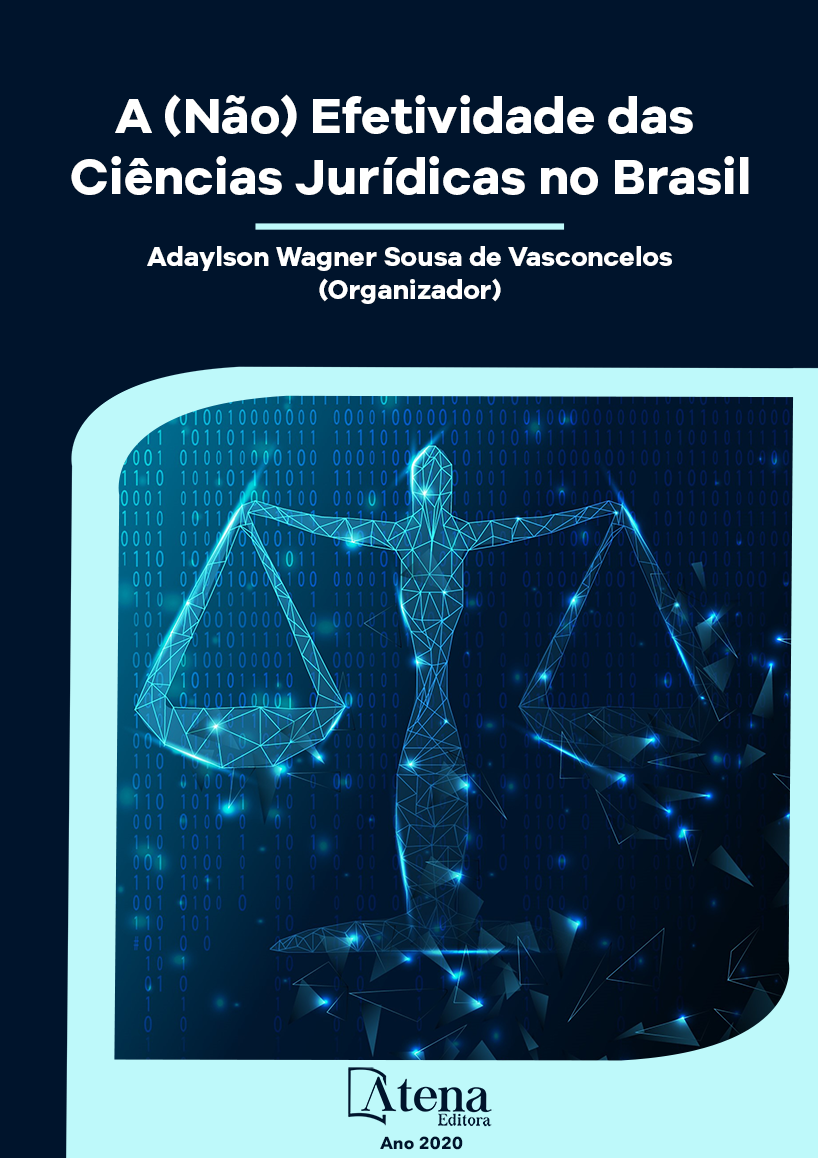
O CAMPO NO BRASIL URBANO: INSTRUMENTOS JURÍDICOS DO ESTADO PARA A HABITAÇÃO DE INTERESSE SOCIAL NOS ASSENTAMENTOS DE REFORMA AGRÁRIA
O presente artigo tem como
objetivo tecer reflexões sobre as iniciativas do
Estado para a habitação de interesses social
dos assentamentos rurais de reforma agrária
tomando por referência seus instrumentos
jurídicos, de modo a demonstrar sua ineficácia
quanto às melhorias das condições de vida
das famílias assentadas. Numa conjuntura
marcada por transformações que modificaram
a relação campo-cidade, assim como o modo
do habitat e de habitar da sociedade, no Brasil
ainda persistem ilhas de populações alheias ou
sem acesso ao crescimento industrial, urbano
e à própria cidadania. Apesar da premissa
do acesso a direitos e instrumentos jurídicos,
grande parte da população brasileira vive em
assentamentos precários, cujos instrumentos
de acesso à habitação de interesse social
correspondem pouco apropriados. No campo,
dentre outros, têm-se os assentamentos rurais
de reforma agrária. Quanto ao contexto aqui
estudado, o Instituto Nacional de Colonização
e Reforma Agrária (INCRA) – autarquia federal
responsável pela execução da política de
reforma agrária – faz uso de instrumentos
jurídicos (normativos) limitados, que não
abrangem, por completo, as especificidades do
campo. Assim, para atingir o objetivo proposto,
o presente estudo parte do método dialético
regressivo-progressivo, efetivado por pesquisa
documental e bibliográfica, sobretudo nos
documentos primários, relatórios e normativos
do INCRA, assim como em pesquisa nos seus
arquivos internos. A investigação se restringiu ao
recorte temporal compreendido de 1985 a 2013,
no qual ocorreram 6 governos: José Sarney
(1985-1989); Fernando Collor (1990-1992);
Itamar Franco (1992-1995); Fernando Henrique
Cardoso (1995-2002); Lula (2003-2010); e
Dilma Rousseff (2011-2013). Por fim, chega-se
a uma síntese crítica e reflexiva sobre a atuação
do Estado e suas iniciativas habitacionais para
o habitat desses assentamentos rurais de
reforma agrária.
O CAMPO NO BRASIL URBANO: INSTRUMENTOS JURÍDICOS DO ESTADO PARA A HABITAÇÃO DE INTERESSE SOCIAL NOS ASSENTAMENTOS DE REFORMA AGRÁRIA
-
DOI: 10.22533/at.ed.6532027019
-
Palavras-chave: Instrumentos Jurídicos; Habitação de Interesse Social no Campo; Assentamentos Rurais; Reforma Agrária.
-
Keywords: Legal Instruments; Housing of Social Interest in the Field; Rural Settlements; Land Reform.
-
Abstract:
This study aims on bringing reflections on the State initiatives for the
housing of social interest in the land (agrarian) reform settlements supported by the
State legal instruments to demonstrate its inefficiency towards providing better life
conditions to the settled families. In a context marked by transformations that have
modified the relation field-city, as well as the habitat characteristics and the ways of
inhabitance in society, in Brazil there are still islands of populations that are unaware
of or isolated from the access to the industrial and urban development, and even their
own exercise of citizenship. Even though there are premises to the access to rights and
legal instruments, a considerable part of the Brazilian population lives in precarious
rural settlements, of which the instruments for the access to housing of social interest
are rarely appropriate. In the countryside, among others, there are rural settlements
of the land reform. Related to the context here being studied, the National Institute of
Colonization and Agrarian Reform (INCRA) – federal agency with responsibility over
execution of the land reform policies – uses limited legal instruments which do not
completely account for the specificities of the field. Thus, to reach this study’s aim,
the regressive-progressive method in dialectics was used through documental and
bibliographic research, specially focused on primary documents, reports and INCRA
norms, as well as INCRA’s internal files. The investigation was restricted to theperiod
from 1985 to 2013, during which there were six different governments: José Sarney
(1985-1989), Fernando Collor (1990-1992), Itamar Franco (1992-1995), Fernando
Henrique Cardoso (1995-2002), Lula (2003-2010), and Dilma Rousseff (2011-2013).
The result is a reflexive and critical synthesis on the actions of the State and its housing
initiatives on rural settlements of the land reform.
-
Número de páginas: 9
- Maria Cândida Teixeira de Cerqueira
- Amadja Henrique Borges


